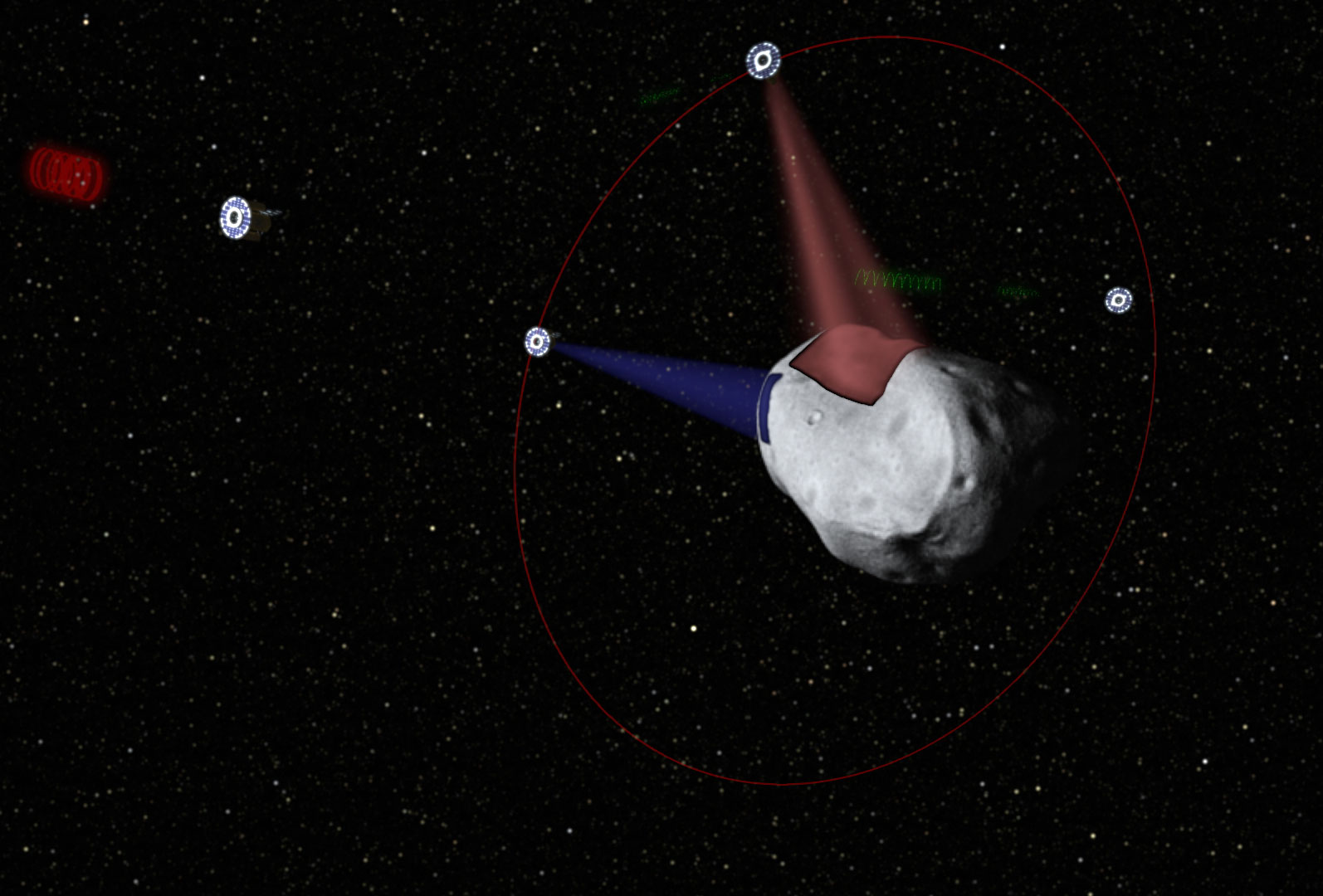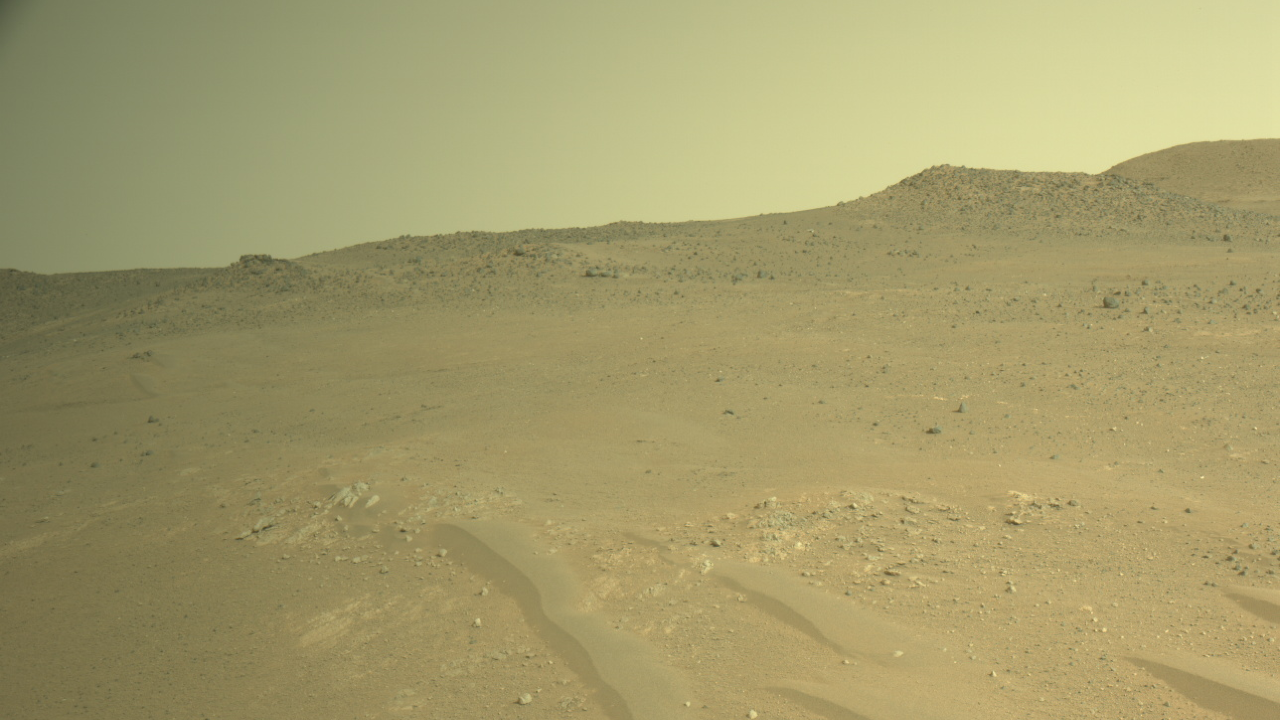2,000 Apply for Jobs Building Asteroid-Mining Robots

Breaking space news, the latest updates on rocket launches, skywatching events and more!
You are now subscribed
Your newsletter sign-up was successful
Want to add more newsletters?

Delivered daily
Daily Newsletter
Breaking space news, the latest updates on rocket launches, skywatching events and more!

Once a month
Watch This Space
Sign up to our monthly entertainment newsletter to keep up with all our coverage of the latest sci-fi and space movies, tv shows, games and books.

Once a week
Night Sky This Week
Discover this week's must-see night sky events, moon phases, and stunning astrophotos. Sign up for our skywatching newsletter and explore the universe with us!

Twice a month
Strange New Words
Space.com's Sci-Fi Reader's Club. Read a sci-fi short story every month and join a virtual community of fellow science fiction fans!
If you want to be an asteroid miner, you've got some stiff competition.
Less than three weeks after officially unveiling its asteroid-mining plans, the billionaire-backed firm Planetary Resources has already received thousands of job applications, officials said.
On April 24, the company announced that it was looking to hire a few qualified people — not pickaxe-swinging astronauts, mind you, but engineers who would help design and build a fleet of asteroid-mining robotic probes. The resulting resume deluge was so intense that Planetary Resources has turned off the spigot.
"We have received over 2,000 applications since our April 24th press event, and we are not currently accepting applications for full-time employees, summer internships or student co-ops," reads an update on the company's website. "In the near future, we will be seeking applications from students for Fall 2012 co-ops."
Planetary Resources was founded by private spaceflight pioneers Peter Diamandis and Eric Anderson. Its investors include Google execs Larry Page and Eric Schmidt, who are worth $16.7 billion and $6.2 billion, respectively. Filmmaker and adventurer James Cameron, former NASA astronaut Tom Jones and MIT planetary scientist Sara Seager are advisers.
The company plans to mine near-Earth asteroids for platinum-group metals and water. Water can be broken into its constituent hydrogen and oxygen, the chief components of rocket fuel. The company hopes its efforts lead to the establishment of in-space "gas stations" that allow many spacecraft to refuel cheaply and efficiently.
Swarms of low-cost unmanned spacecraft would extract resources from asteroids in deep space. Planetary Resources officials have said they hope to identify some promising targets within the decade, though actual mining activities would come later.
Breaking space news, the latest updates on rocket launches, skywatching events and more!
Planetary Resources currently employs about two dozen engineers, officials said at the April 24 unveiling. Diamandis said the company hopes to stay relatively small, so it can move quickly and do what it can to keep costs down.
You can follow SPACE.com senior writer Mike Wall on Twitter: @michaeldwall. Follow SPACE.com for the latest in space science and exploration news on Twitter @Spacedotcom and on Facebook.

Michael Wall is a Senior Space Writer with Space.com and joined the team in 2010. He primarily covers exoplanets, spaceflight and military space, but has been known to dabble in the space art beat. His book about the search for alien life, "Out There," was published on Nov. 13, 2018. Before becoming a science writer, Michael worked as a herpetologist and wildlife biologist. He has a Ph.D. in evolutionary biology from the University of Sydney, Australia, a bachelor's degree from the University of Arizona, and a graduate certificate in science writing from the University of California, Santa Cruz. To find out what his latest project is, you can follow Michael on Twitter.
